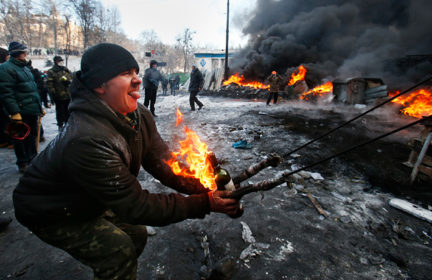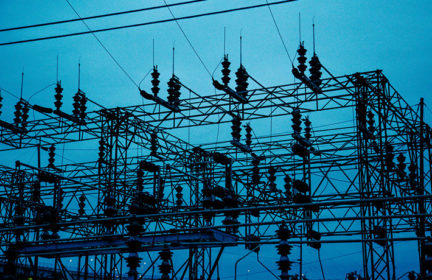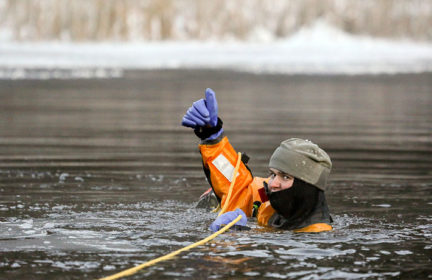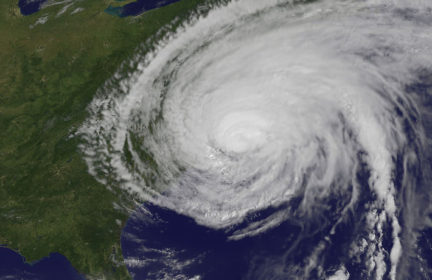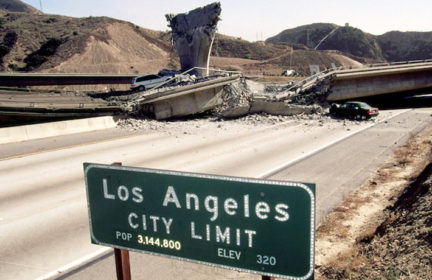Does your prepping include a worst case scenario and if so, how?
This isn’t about worst case scenario bias in which people overreact to small deviations from normalcy and treat those incidents as signs of impending catastrophe.
This is about worst case scenario. No bias. It is about how our concept of worst case scenario can change because of life events and life cycles.
Yesterday, while working on the “Prepping around the world – how other cultures use their natural resources” thread, I realized the Dutch are doing everything possible to stay ahead of their worst case scenario which is being overtaken by rising sea levels.
One definition of scenario is a suggested sequence or development of events. Add “worst case” and the phrase means the worst possible sequence or development of events.
My preparedness is spread over the usual areas of disaster, but the idea of worst case scenario is one I hadn’t considered before.
I wondered, “Am I preparing for my worst case scenario and if so, what is it? What would be the worst case scenario for me?”
After sleeping on it, I still feel like I have never considered that issue, not consciously at least. My worst case scenario. What does that mean to me?
We lost our family farm to a fire. At the time I thought that was the worst thing that could ever happen. Then that concept shifted when other crises happened as my life unfolded.
My current geographic area could experience flash flooding, fires, power outages, blizzards, killing cold or any number of natural or man-made disasters. Yet none of them, including the pandemic happening now doesn’t feel like my worst case scenario. A problem, yes. My worst case, no.
Is it because I have prepared well, or is it because I have already been to the brink of my worst case scenario and the pandemic isn’t it for me? Or, could it be a bit of both?
Some people prepare to avoid discomfort or starvation. The aspects of preparedness that are foremost and sharpest in my mind are protecting myself against violence and crime.
It is borne of my history and experience. When your life hangs in the balance between the hope of rescue and another day of torture, between escaping while drugged and injured or dying where you were left, to be finished off later, or between the choice of submission to a blade over death, you choose survival every time if you want to live.
At a baseline level, my focus is always on avoiding two-legged danger and staying alive. It is impossible to ignore and governs every aspect of how I live and prepare.
When I planned the changes to my garden, I factored site lines for the security cameras and construction methods to ensure that no one can hide behind the planters. I have ensured that the design is free of any elements or objects that could be used against me or employed as a tool to break in to my home.
When I bring in prep items, I have a transfer method that keeps them private from any prying eyes. Labels are removed from any shipments and shredded. There is nothing that would distinguish me as a prepper either in my garbage or recycling.
Inside my home, anything that can be used to restrain or injure me is hidden away out of sight and easy access. You won’t find a knife block in my home. My knives are convenient for me to access, but out of sight. There are items throughout my home that can be deployed as improvised weapons if needed.
Every time I am in a vehicle my doors are locked. I scan each time I enter and exit my vehicle. I scan parking lots and vehicles around me. No one exits my vehicle in a parking lot until I give the go ahead to leave the vehicle.
The list goes on. I live and prep with every instinct and scrap of experience I have garnered.
I don’t like the consequences of being vulnerable so there is no off switch for me. I wasn’t born to prep. I was made to prep.
The safety and security aspect of preparedness is where I become like the Dutch mentioned above.
I am doing everything possible to stay ahead of time, the enemy that steals physical strength, and chance, the variable that can trigger a dangerous event.
Time and chance happen to us all. I know my strength now, in this moment, and I can’t picture a future self where I am decrepit and vulnerable. Now my preparedness factors ageing and it’s associated imagined issues, as much as I loathe doing it.
There are degrees of extremity within a particular worst case scenario and I have already experienced a broad range of severity that is possible for mine.
I have not however, experienced the worst case scenario, which for me is, not to survive because I didn’t crawl until I could get up, didn’t keep going until I found a way out. The worst case scenario for me, regardless of the disaster, is to just give up and not survive.
The idea of the worst case scenario is different for each of us. Have you ever considered what your worst case scenario is? If so, how has it affected the way you prep?
Has your worst case scenario changed as your life has unfolded? If so, has it also changed the way you prep?
-
Comments (8)
-
